3- Cooking Making Spaghetti & Lasagna
In the realm of culinary exploration, mastering the art of pasta-making is a pursuit that beckons both novices and seasoned cooks alike. As the aroma of simmering sauces fills the kitchen, the allure of creating the perfect spaghetti and lasagna dishes becomes irresistible.
The process of crafting these Italian classics involves a symphony of flavors and techniques, from selecting the finest ingredients to layering savory fillings. With each step, a tale of tradition and innovation unfolds, promising a culinary journey that satisfies both the palate and the soul.
Key Points
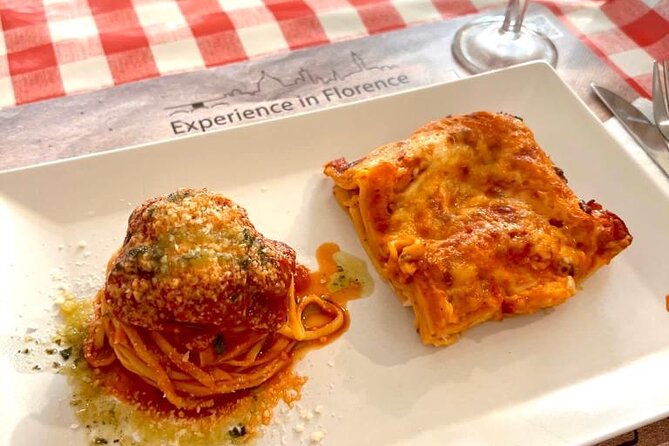
- Use fresh, high-quality ingredients for vibrant flavors and versatile dishes.
- Proper layering is essential for a gooey, savory finish in lasagna.
- Experiment with ratios, fillings, and cheese blends for unique flavors.
- Freeze leftovers for up to three months and reheat with a splash of water for refreshed flavors.
Ingredients for Spaghetti
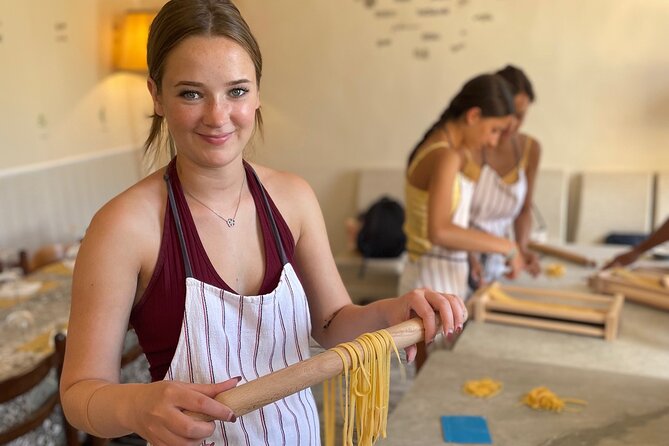
To create a delicious spaghetti dish, gather fresh tomatoes, fragrant garlic, and flavorful basil as the main ingredients. Spaghetti recipes often call for these key components to infuse the dish with vibrant flavors.
Cooking techniques vary, but starting with ripe tomatoes, minced garlic, and aromatic basil sets a solid foundation for a tasty sauce. Sautéing the garlic in olive oil until golden brown releases its savory essence, while blending fresh tomatoes with basil creates a fragrant base.
These ingredients are versatile and can be used in various spaghetti recipes, from classic marinara to creamy tomato-based sauces. Experimenting with different ratios and cooking times can help achieve the desired taste and consistency for a perfect spaghetti dish.
Steps for Cooking Spaghetti
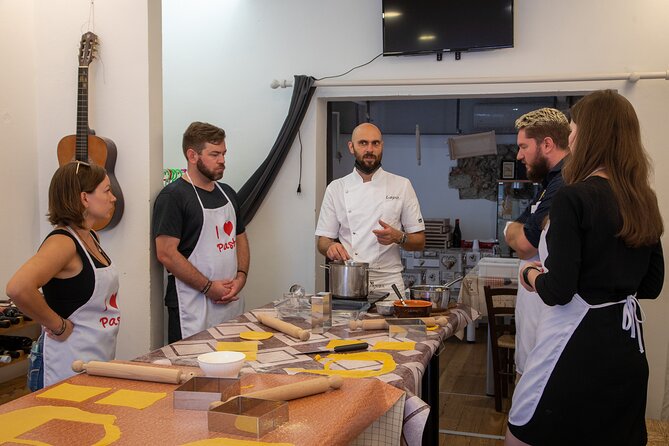
When cooking spaghetti, start by bringing a large pot of salted water to a rolling boil. This step is crucial for perfectly cooked pasta that’s al dente. Once the water is boiling, add the spaghetti noodles and stir occasionally to prevent sticking. Cook the pasta according to the package instructions, typically around 8-10 minutes, tasting for doneness as it nears completion. When the spaghetti is cooked to your liking, drain it in a colander, reserving a cup of the pasta water for sauces.
- Bring a large pot of salted water to a rolling boil.
- Add spaghetti noodles and cook according to package instructions.
- Drain the cooked spaghetti, reserving a cup of pasta water.
Tips for Perfect Spaghetti
For a stellar plate of spaghetti, mastering a few key techniques can elevate your dish from ordinary to exceptional. When aiming for perfection, achieving the ideal al dente texture and sauce consistency are crucial. Here are some tips to help you achieve spaghetti greatness:
| Tip | Description | Benefit | Example |
|---|---|---|---|
| Al dente perfection | Cook spaghetti until it is firm but not hard. | Ensures pasta is perfectly cooked. | Test a strand for doneness. |
| Saucy goodness | Toss spaghetti in sauce just before serving to coat evenly. | Ensures each bite is flavorful. | Mix the pasta and sauce well. |
| Proper portioning | Use a kitchen scale to measure the right amount of spaghetti per serving. | Avoids overeating and waste. | Weigh out 2 oz. of dry pasta. |
| Fresh ingredients | Use high-quality tomatoes, herbs, and cheese for a delicious sauce. | Enhances the overall taste of the dish. | Use ripe, juicy tomatoes. |
Ingredients for Lasagna
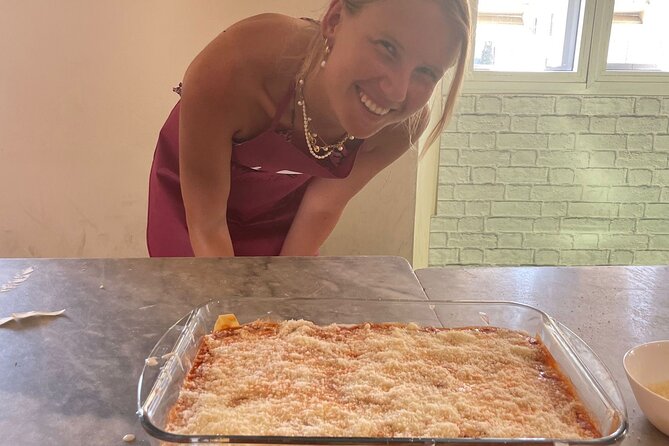
In crafting a delectable lasagna, selecting the finest ingredients is paramount to achieving a rich and flavorful dish. When preparing lasagna, it’s essential to consider the following:
-
Lasagna Variations: Explore different types of cheese such as ricotta, mozzarella, or parmesan for a unique flavor profile. Experiment with vegetable-based fillings like spinach or mushrooms to add a healthy twist to this classic dish.
-
Cooking Techniques: Layering the lasagna properly is crucial to ensure even distribution of flavors. Be generous with the sauce between each layer to keep the lasagna moist and delicious. Plus, covering the dish with foil while baking helps to lock in moisture and prevent the top layer from drying out.
-
Quality Ingredients: Opt for high-quality pasta, rich tomato sauce, and fresh herbs to elevate the taste of your lasagna. Using freshly grated cheese rather than pre-packaged varieties can make a noticeable difference in the final dish.
Steps for Cooking Lasagna

To create a mouthwatering lasagna that tantalizes the taste buds, mastering the art of layering and baking is key. When assembling lasagna, the layering technique is crucial. Begin by spreading a thin layer of sauce at the bottom of the baking dish to prevent sticking.
Then, alternate between pasta sheets, rich meat sauce, and creamy cheese blends like mozzarella, ricotta, or parmesan. Repeat the layers until the dish is filled, ensuring the cheese options are generously spread throughout for that gooey, savory finish.
Tips for Perfect Lasagna
Consider incorporating a variety of cheese blends to enhance the richness and depth of flavor in your lasagna, ensuring each bite is a delightful symphony of textures and tastes.
When perfecting your lasagna, keep in mind these essential tips:
-
Lasagna Layering: Ensure a balanced distribution of sauce, cheese, and filling between each layer to create a harmonious blend of flavors and textures throughout the dish.
-
Baking Techniques: Cover your lasagna with foil for the first half of the baking time to prevent excessive browning, then remove the foil to allow the cheese to develop a delicious golden crust.
-
Cheese Blends: Experiment with combinations of mozzarella, parmesan, ricotta, and other cheeses to achieve a unique and flavorful profile in every bite.
Serving Suggestions
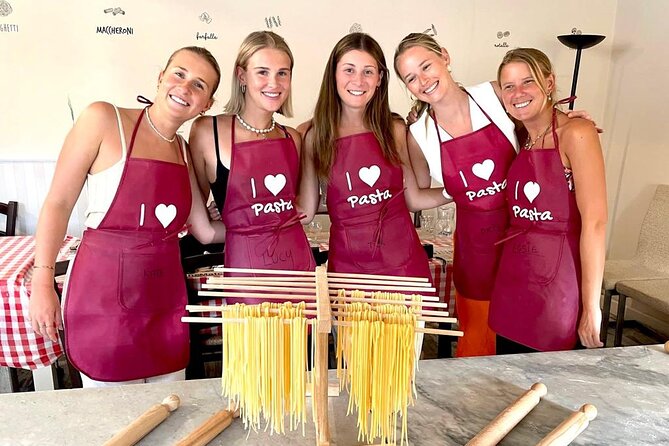
For an enticing presentation that complements the delicious layers of your perfectly crafted lasagna, consider garnishing each serving with fresh basil leaves and a sprinkle of grated Parmesan cheese. These plating techniques won’t only enhance the visual appeal but also add a burst of flavor to each bite.
To elevate the dining experience further, you can pair your lasagna with a full-bodied red wine like Chianti or a crisp white wine such as Pinot Grigio.
As for side dish options, a fresh garden salad with a tangy vinaigrette or garlic breadsticks would complement the richness of the lasagna.
Storage and Reheating Instructions

When storing leftover spaghetti and lasagna, ensure they’re placed in airtight containers to maintain freshness and prevent moisture loss. Here are some tips for storing and reheating these delicious dishes:
-
Freezing leftovers: To extend the shelf life of your spaghetti and lasagna, consider freezing them. Portion out the leftovers into meal-sized containers or freezer bags, label them with the date, and store them in the freezer for up to three months.
-
Meal prep strategies: If you plan to enjoy your leftovers within a few days, store them in the refrigerator. When reheating, add a splash of water to help restore moisture and prevent the pasta from drying out.
-
Reheating instructions: To reheat, place the container in the microwave or oven until heated through, stirring occasionally to ensure even heating. Add a sprinkle of water or sauce if needed to refresh the flavors.
Common questions
Can I Use Gluten-Free Pasta for These Recipes?
Yes, gluten-free pasta can be used as a substitute in these recipes. A taste test may be helpful to determine the best alternative. When exploring cooking techniques, a comparison chart can assist in finding the most suitable option.
Are There Any Vegetarian or Vegan Alternatives for the Meat in the Lasagna Recipe?
For those seeking vegetarian or vegan options in lasagna, flavorful veggies like mushrooms, zucchini, and spinach can serve as meatless substitutes. Plant-based alternatives such as tofu, lentils, or vegan ground "meat" offer protein options in this classic dish.
Can I Make These Dishes Ahead of Time and Freeze Them for Later?
One can definitely make pasta dishes ahead of time and freeze them for later. This is a great meal prep option that allows for easy storage. Consider freezing lasagna or spaghetti for convenient and delicious future meals.
What Are Some Common Mistakes to Avoid When Making Spaghetti and Lasagna?
When making spaghetti and lasagna, ensuring the sauce consistency and avoiding pasta overcooking are vital. Proper cheese selection and monitoring baking time are key to achieving delicious results. Attention to detail in each step enhances the final dish.
Are There Any Recommended Wine Pairings for These Dishes?
When considering wine pairings for dishes like spaghetti and lasagna, it’s essential to complement the flavor profiles. Red wines like Chianti or Sangiovese work well due to their acidity and fruitiness, enhancing the rich tomato-based sauces of these Italian classics.
Last Words
To sum it up, mastering the art of making spaghetti and lasagna is a rewarding journey that brings the flavors of Italy into your own kitchen.
By following the simple steps and tips provided, you can create delicious homemade pasta dishes that will delight your taste buds and impress your family and friends.
So grab your apron, roll up your sleeves, and get ready to experience the joy of cooking and sharing these classic Italian favorites.
Buon appetito!